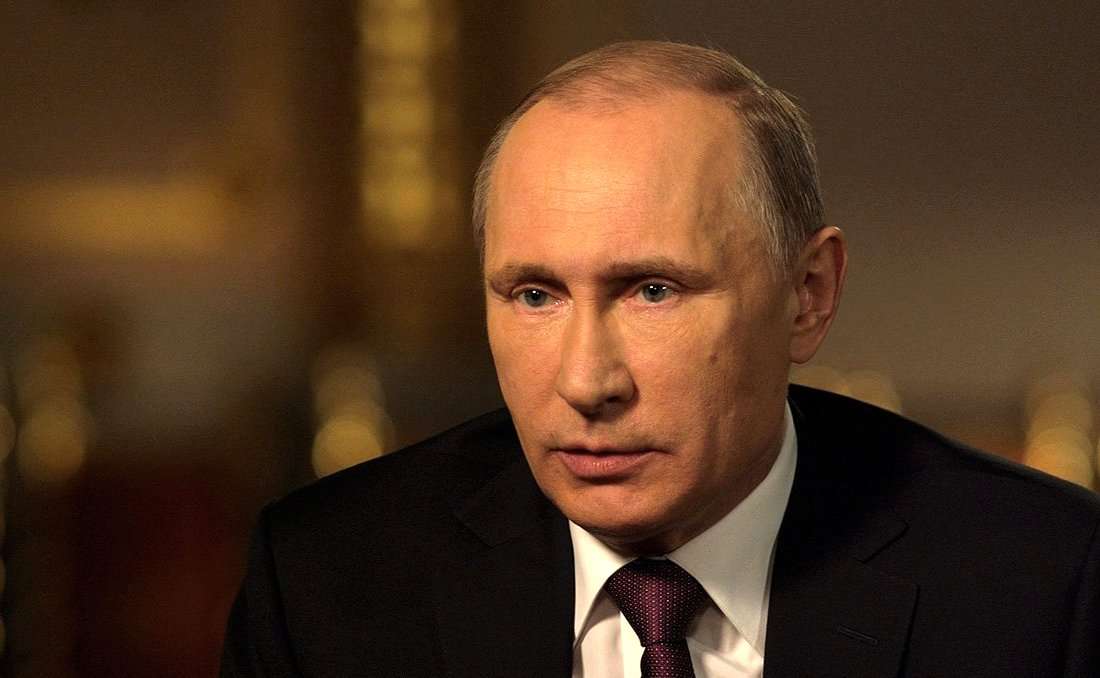Why is Russia so Invested in Syria?
Why is Russia so invested in Syria? This is the question that people tend to ask as they observe the unwavering support Russia has given to embattled Syrian President Bashar Al-Assad since Assad began waging a war against his own people in 2011. Some say that Russia’s backing of Syria is to maintain its own interests, which includes a naval facility that Russia leases in Syria’s port city Tartous. The facility serves as the only access to the Mediterranean Sea that Russia’s Black Sea fleet has. In spite of the reliance that Russia has on Tartous, the relationship between Russia and Syria has been long-term partnership.
During the Cold War, the United States, and the then Soviet Union, competed to obtain spheres of influence throughout the Middle East. Nations in the Middle East split between nationalist countries who aligned with the USSR and monarchies that aligned with the U.S. As this split happened, Bashar Al-Assad’s father, Hafez, developed a partnership with the USSR. This led to Russia funding much of Syria’s military, the importation of Russian culture into Syria and other soft power tactics that strengthened ties between the two countries. This nearly fifty-year history has led Russia and Syria to the relationship they share today.
Russia and the Assad regime need each other for different reasons. For Assad, unwavering Russian support is what kept him in power and his government out of major trouble with the international community. In the United Nations Security Council, Russia has continuously vetoed any actions taken against the Syrian government and has intervened on several occasions to protect Assad and his regime. For Russia, it seems that while there are military bases and oil revenues at stake, ensuring that the Assad regime remains intact goes beyond tangible interests.
Russia’s continuous support of both Assad regimes has been a long-term investment that has been more about ideology than it has been about the economic benefits. As was said before, Syria fell under the Soviet Union’s sphere of influence during the Cold War. Even after the USSR fell, connections between Russia and Syria remained tight.
Today, as we watch Russian President Vladimir Putin maintain his outspoken views about many topics within the international system, it seems that President Putin is shifting Russia into a position to compete with the U.S. While the country continues to struggle economically, Mr. Putin’s regime has consistently come out against, or undermined, Western (U.S. led) tactics in dealing with situations in the Middle East and around the world (i.e. Ukraine, Crimea, economic sanctions). This has been the most visible in Russia’s position on Syria and President Assad himself. While the West contends that along with the defeat of the Islamic State (IS), President Assad must be removed from power, Russia supports Assad’s control of the country and believes that only Assad and his militias can defeat IS. Western leaders have urged Putin to “change direction” in his support of President Assad, but it is clear that Putin is intent on protecting the Assad regime and consolidating its power. On September 30th, the Russian parliament approved President Putin’s request to conduct airstrikes in Syria. These airstrikes were supposedly going to support the fight against IS, but in the past week, it is obvious that Russia is helping the Assad regime wage war against the Syrian rebels. As the violence between Syrian rebels, Assad’s army, and IS continues, it has begun to look more like a proxy war between the United States and Russia.
Russia is doing everything within its power to ensure that its investment does not fail. Both incarnations of the country have spent exorbitant amounts of money, supplied thousands of advisors and used every soft power tactic in the book to consolidate the Assads’ power in the face of any challenges it has faced since the 1960s. The Assad regime failing is not an option for the Russians. The fall of regime would mean that everything Russia has done to prop up the country will have been in vain. Vladimir Putin claims that the United States’ promotion and support of democracy around the world has only led to strife and conflict in the world. While it is obvious to others that regimes like President Assad’s have done the same thing, it is a regime that Russia supports, so its actions are acceptable. The collapse of the Assad regime would signal to the rest of the world that even Russia’s incredible investment could not ensure a regime’s power. It would weaken Russia’s position on the international stage as the guarantor of non-democratic regimes and show that it can’t support regimes like it could during the glory days of the Soviet Union. This is ultimately why Russia is so invested in Syria.
—
Audra DeCataldo is the Senior Blog Editor at the Journal of Diplomacy. She is a graduate of Susquehanna University and is currently a second year graduate student at Seton Hall. Her studies focus on foreign policy analysis and the Middle East.

